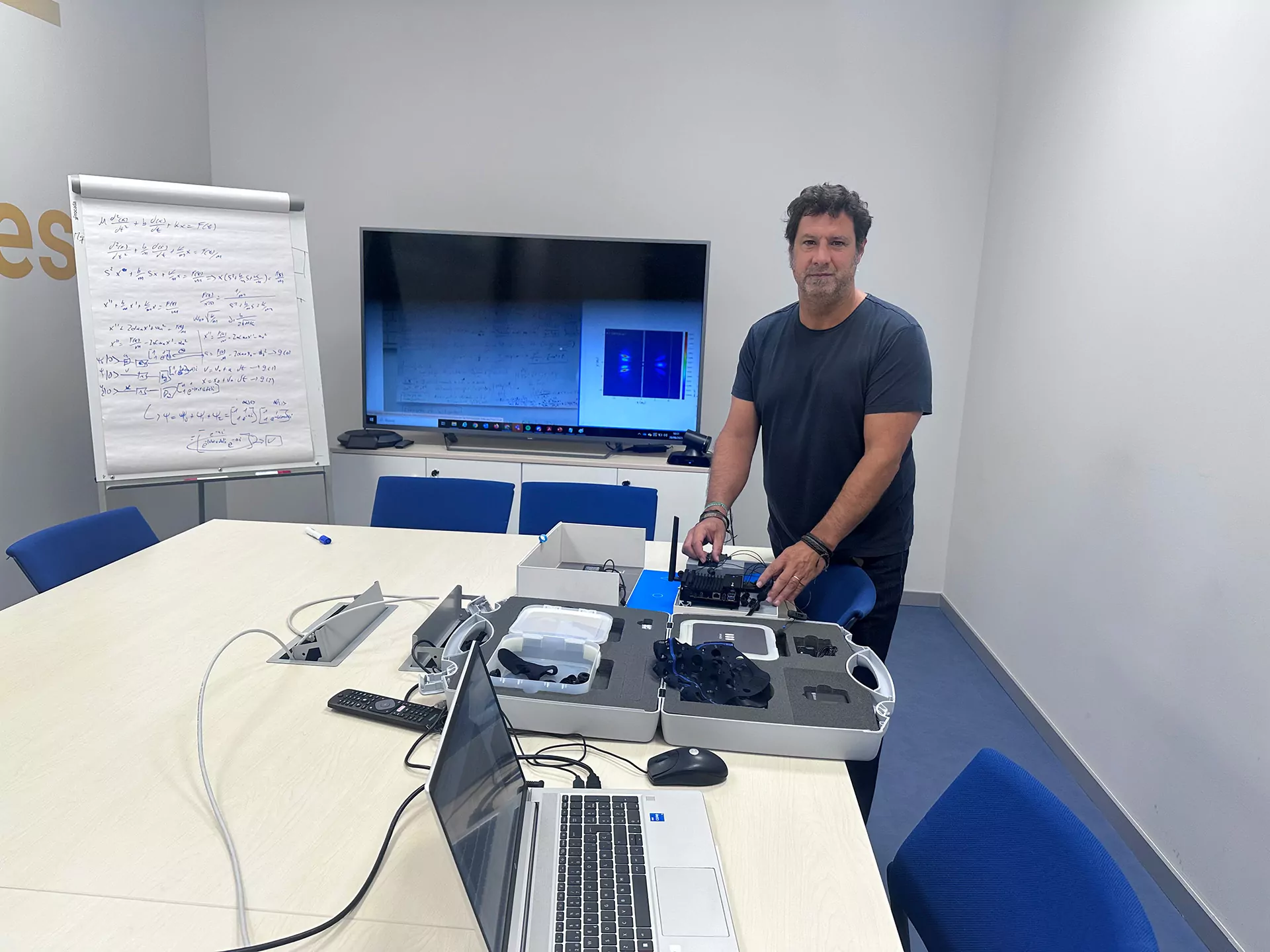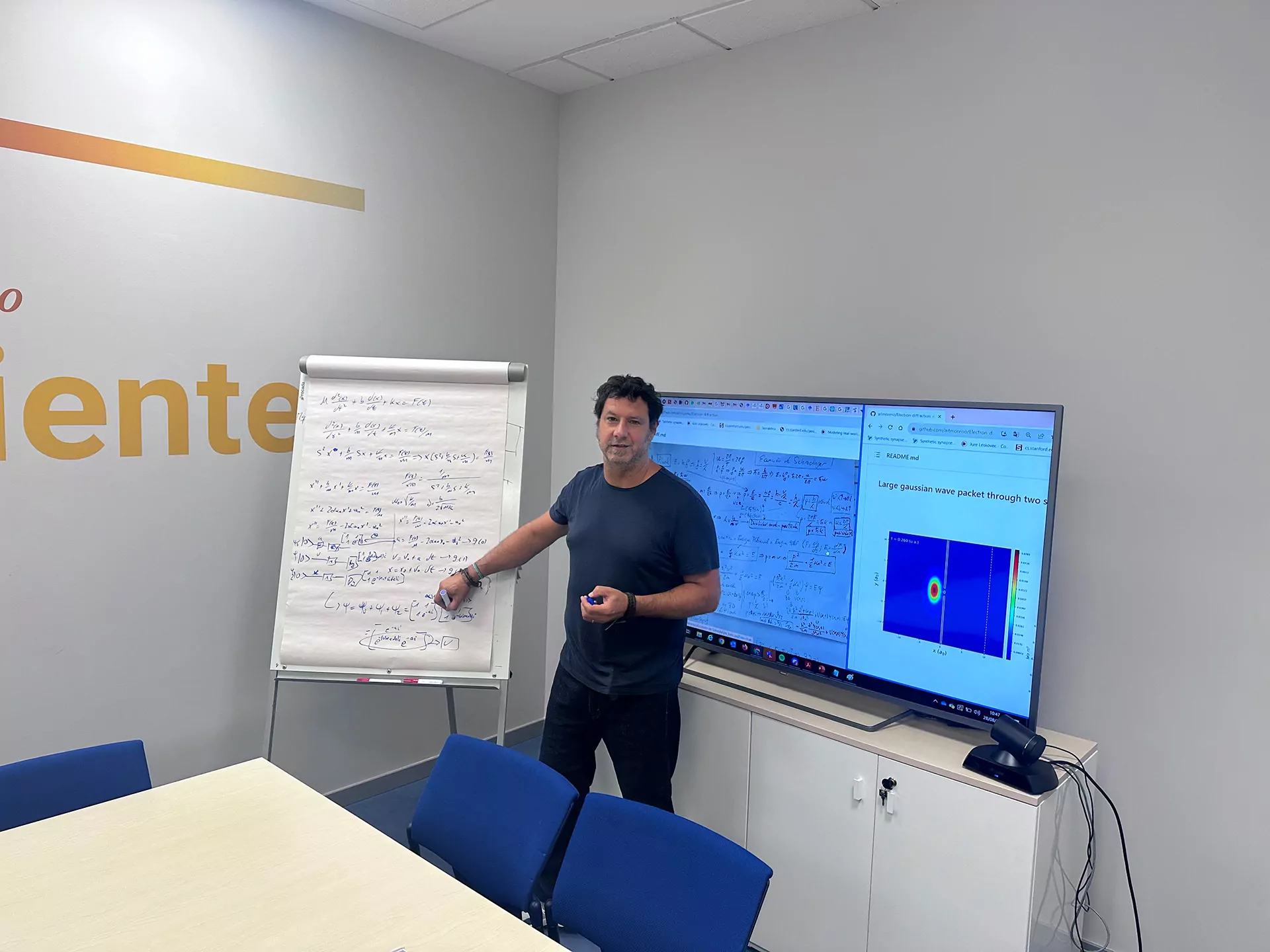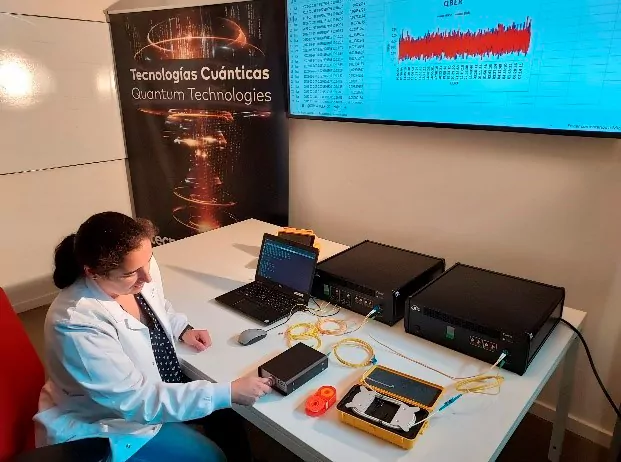Challenge
The potential of quantum computing to solve complex mathematical problems is well-established, with one of its early applications being the development of advanced encryption methods. Currently, many encryption systems, such as RSA (Rivest–Shamir–Adleman), rely on the difficulty of factoring large prime numbers. However, quantum computers using Shor’s algorithm, developed in 1994, could potentially break these systems by efficiently solving the RSA problem.
Given these developments, there is an urgent need to address this challenge, similar to the Y2K problem. Recognizing this risk, Google has been proactively supporting post-quantum cryptography (PQC) on its servers and in Google Chrome since 2023 to stay ahead of potential security threats.
In response to the threat posed by quantum computing, research is focused on developing robust cryptographic methods such as quantum cryptography (PQC). Additionally, new key exchange methods, based on principles like no-cloning and, in the future, quantum entanglement, are being explored to form the foundation of a quantum-safe internet.
Significant progress has been made in the field of quantum key distribution (QKD), which uses the quantum phenomenon of no-cloning along with classical communication protocols to securely exchange symmetric encryption keys. This technology ensures that any interception of communications is detected, allowing for appropriate countermeasures. One of its major advantages is that it remains secure against attackers, regardless of their computing power.
QKD technology is already deployable on fiber-optic networks and in free space, including atmospheric and space laser communications.
Solution
Quantum technology is paving the way for a new industrial revolution, but as it advances, traditional methods of securing communications are becoming increasingly vulnerable. Soon, the rise of quantum computers will challenge the trustworthiness of encrypted communications.
The Gi2QKD project is focused on researching Quantum Key Distribution (QKD) and Post-Quantum Cryptography (PQC) to create ultra-secure communication systems that use photons to transfer and process information. This research, developed in collaboration with Tecnalia, involves using quantum hardware to encode information using purely quantum methods. The technology is based on generating, manipulating, and measuring photons without needing external encoding devices.
The goal is to develop and test new methods for secure key exchange, such as BB84 and COW. COW is a quantum key distribution technique that makes it easier to detect if a third party (Eve) intercepts data exchanged between two parties (Alice and Bob).
The results from Gi2QKD will support the creation of a new quantum-safe platform at Ayesa. This platform aims to address the challenges of migrating IT and operational technology systems to quantum-safe standards. In the lab, researchers are examining factors like latency, size, vulnerability, integration with existing security systems, and the complexity of transitioning services and protocols to these new standards.
Benefits
The increasing investment in quantum technology reflects the ever-changing needs of businesses. Forecasts from IDC predict that the global quantum computing market will reach $8.6 billion by 2027, growing at a compound annual growth rate of 51% over the next five years. While hardware research has driven much of the progress in quantum technology so far, future investments are expected to shift towards software development.
The Gi2QKD project focuses on advancing cryptography and ultra-secure quantum communication systems. This technology will enable secure encryption and exchange of various types of data, including biometric and genomic information. Quantum Key Distribution (QKD) allows two parties to create a unique, secret key that only they know. If a third party tries to intercept their communication, it becomes unreadable.
Spending on quantum technology has already reached significant levels due to the increasing need for secure online data exchange. According to Global Industry Analysts, the quantum computing market is expected to be worth EUR 1.7 billion by the end of this year.
As businesses rely more on digital solutions, the demand for secure and ultra-secure communications is growing. This need is driven by data protection regulations, the sensitive nature of the information handled, specific industry requirements, and the need for reliable systems in critical areas like air traffic and transportation. Regardless of the sector, cybersecure communications are essential for protecting operations and sensitive information.






